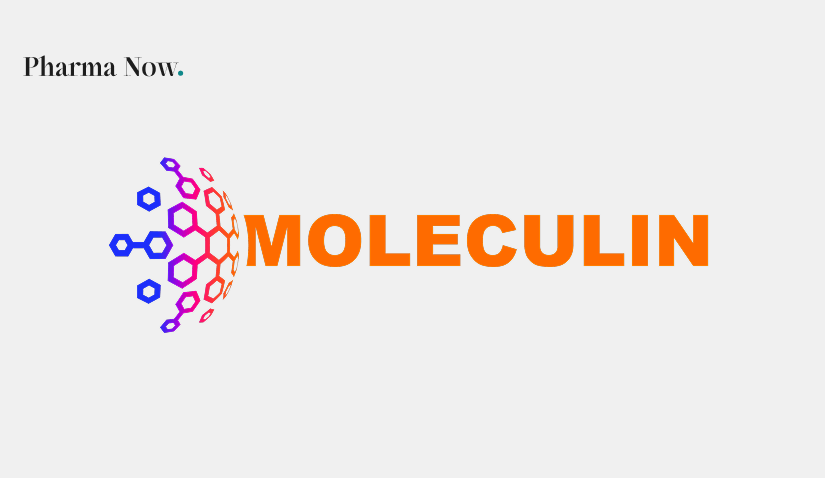Moleculin Partners With UNC-Chapel Hill On Grant-Funded Research Evaluating Annamycin As A Potential Treatment For Pancreatic Cancer
Moleculin Biotech partners with UNC-Chapel Hill to study Annamycin for pancreatic cancer, expanding its oncology research and preclinical portfolio.
Breaking News
Nov 13, 2025
Simantini Singh Deo

Moleculin Biotech, Inc., a late-stage pharmaceutical company with a broad portfolio of drug candidates targeting difficult-to-treat cancers and viral infections, announced that it has entered into a research and material transfer agreement with the University of North Carolina at Chapel Hill (UNC). The collaboration will support investigator-initiated preclinical research evaluating Annamycin for the treatment of pancreatic cancer.
Under the terms of the agreement, Moleculin will provide supplies of Annamycin, while Dr. William C. Zamboni, PharmD, PhD—professor at the UNC Eshelman School of Pharmacy, UNC Lineberger Comprehensive Cancer Center, and the Carolina Institute of Nanomedicine—will lead the preclinical studies. These studies, funded through a series of grants, aim to assess how novel treatment agents and modalities can improve the tumor delivery of liposomal Annamycin (L-Annamycin) and free Annamycin compared to Doxil and free doxorubicin in pancreatic ductal adenocarcinoma (PDAC) genetically engineered mouse models (GEMMs).
Walter Klemp, Chairman and Chief Executive Officer of Moleculin, stated, “We are pleased to establish this collaboration with the team at UNC-Chapel Hill, a recognized leader in oncology and translational research. This agreement marks another key step in our strategy to advance Annamycin through multiple investigator-led studies, allowing us to explore its full therapeutic potential. Pancreatic cancer remains one of the most aggressive and under-treated malignancies, with limited effective options and a significant need for new therapies. Working with UNC’s world-class researchers aligns with our recently announced investigator-funded clinical trial in pancreatic cancer patients.”
Klemp further explained, “Annamycin has demonstrated a strong affinity for pancreatic tissue, and recent research has shown that the upregulation of topoisomerase II—Annamycin’s primary target—is closely associated with poor survival outcomes in pancreatic cancer. This reinforces our belief that extending Annamycin’s development to include pancreatic cancer, alongside our ongoing programs in acute myeloid leukemia and soft tissue sarcoma, represents an important strategic opportunity. Through this collaboration, we aim to generate meaningful data to better define Annamycin’s potential in pancreatic cancer and strengthen our overall oncology pipeline.”
Annamycin, also known by its non-proprietary name naxtarubicin, currently holds Fast Track Status and Orphan Drug Designation from the U.S. Food and Drug Administration (FDA) for the treatment of relapsed or refractory acute myeloid leukemia (AML), as well as Orphan Drug Designation for the treatment of soft tissue sarcoma (STS) lung metastases. The European Medicines Agency (EMA) has also granted Orphan Drug Designation for relapsed or refractory AML.
Moleculin is presently conducting a pivotal Phase 2B/3 multi-center, randomized, double-blind, placebo-controlled adaptive design study of Annamycin in combination with cytarabine (Ara-C), collectively referred to as “AnnAraC,” for adult patients with relapsed or refractory AML. This Phase 3 “MIRACLE” trial (Moleculin R/R AML AnnAraC Clinical Evaluation) is a global approval study being conducted across sites in the United States, Europe, and the Middle East.
